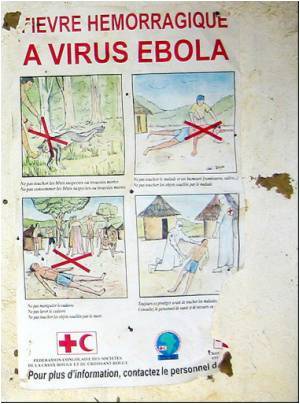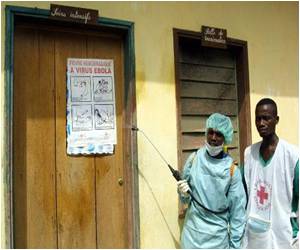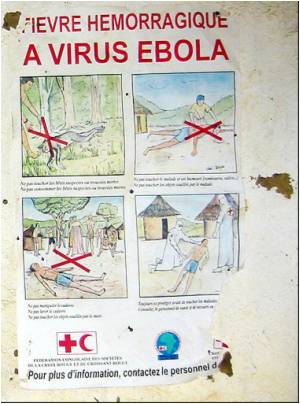The government said the Ebola virus has claimed 61 lives in Guinea out of 109 laboratory-confirmed cases since January.

"From now on, biological analysis can be done more quickly, and the toll will no longer include any non-confirmed cases," government spokesman Damantang Albert Camara said in a statement.
Gueckedou, a town in the south of the country which has suffered one of the largest outbreaks, has seen 34 deaths out of 58 confirmed cases. In the capital Conakry, with 36 confirmed cases, 15 people have died.
On Thursday the World Health Organization said there had been 101 laboratory-confirmed cases of Ebola in the former French colony, and 56 deaths. Some 24 health-care workers have contracted the virus, 13 of whom have died.
The virus has crossed into neighbouring Liberia, where the government has laboratory confirmation of six cases. The health ministry is investigating 27 cases of haemorrhagic fever, and 13 deaths, to establish whether the victims had contracted Ebola.
There is no vaccine or cure for Ebola, which can be caught from handling the blood or the bodily fluids of sick or dead forest animals.
A study published this week in the New England Journal of Medicine said that the Guinea epidemic involves a new strain of the virus, which could possibly have been transmitted by fruit bats.
 MEDINDIA
MEDINDIA




 Email
Email






